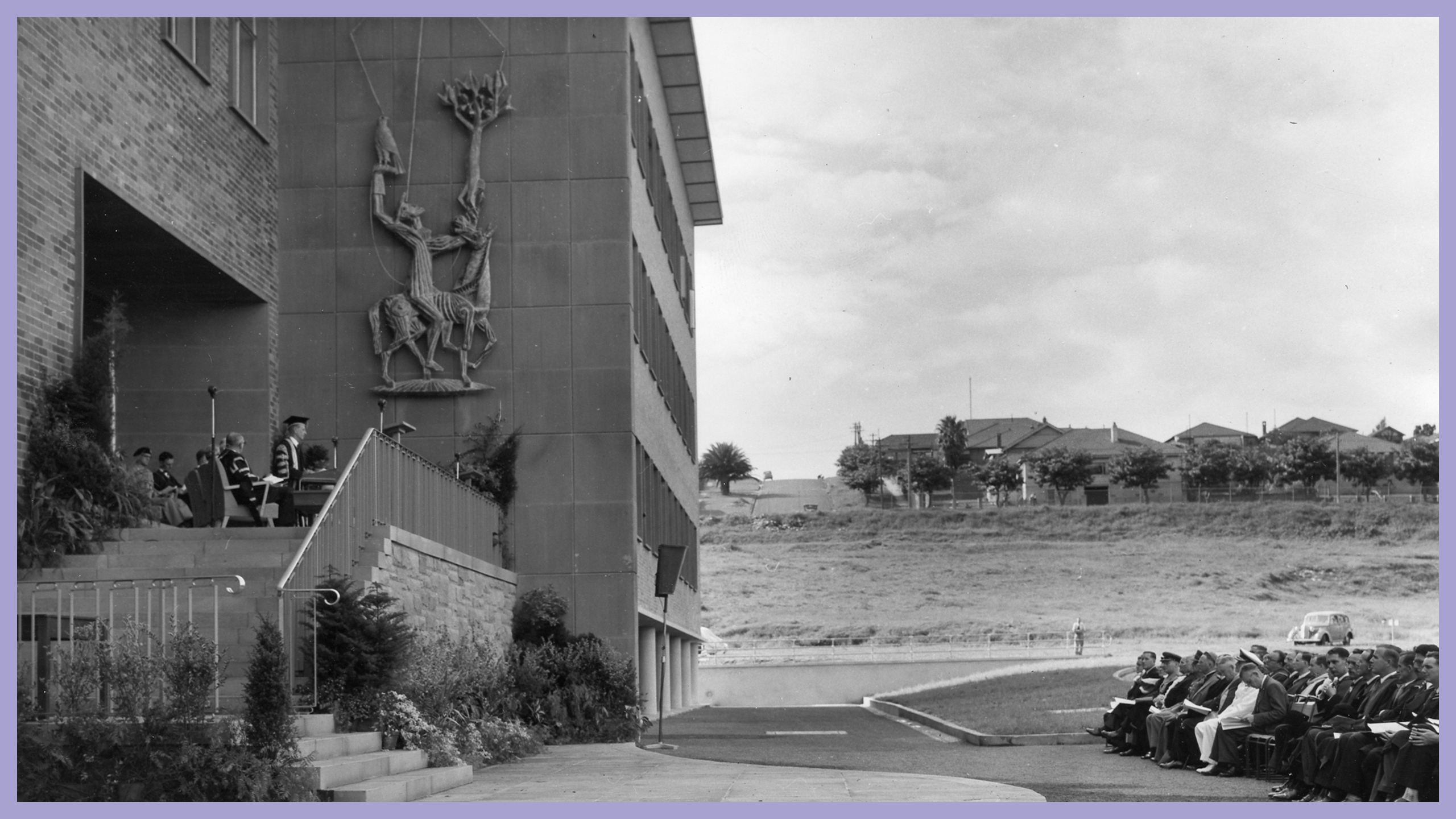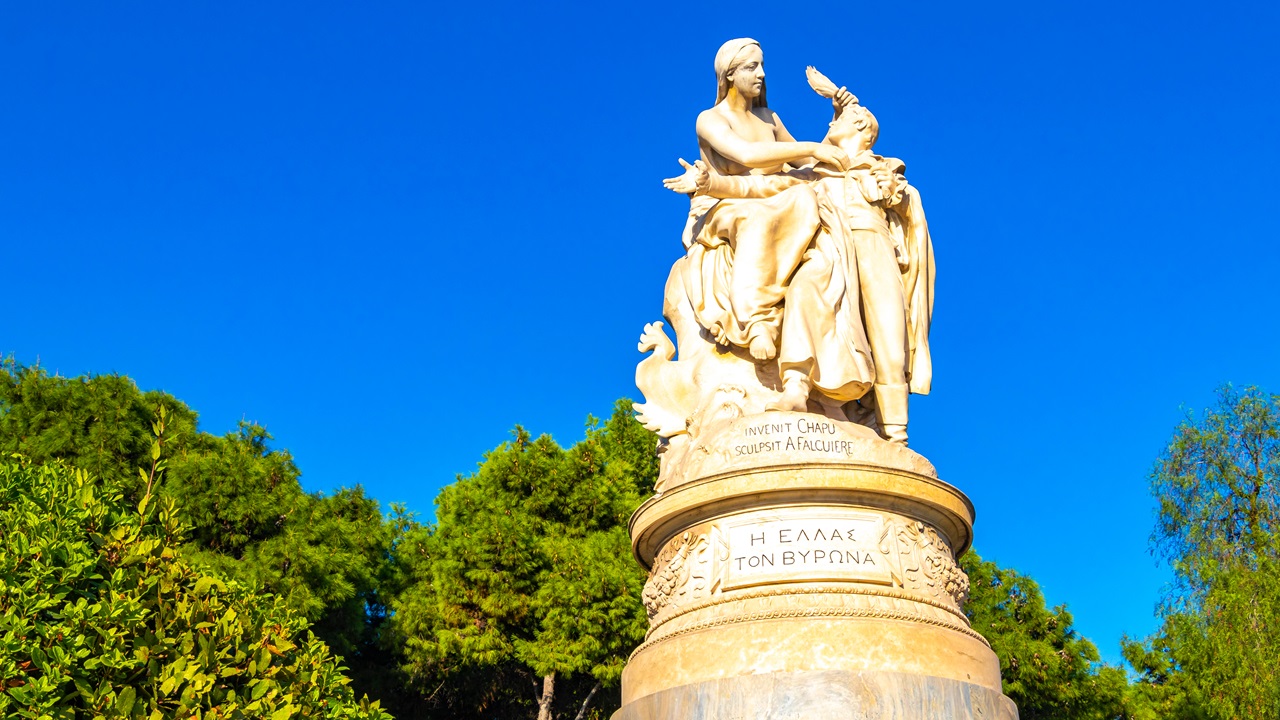Humanitarian Engineering – Empowering lives
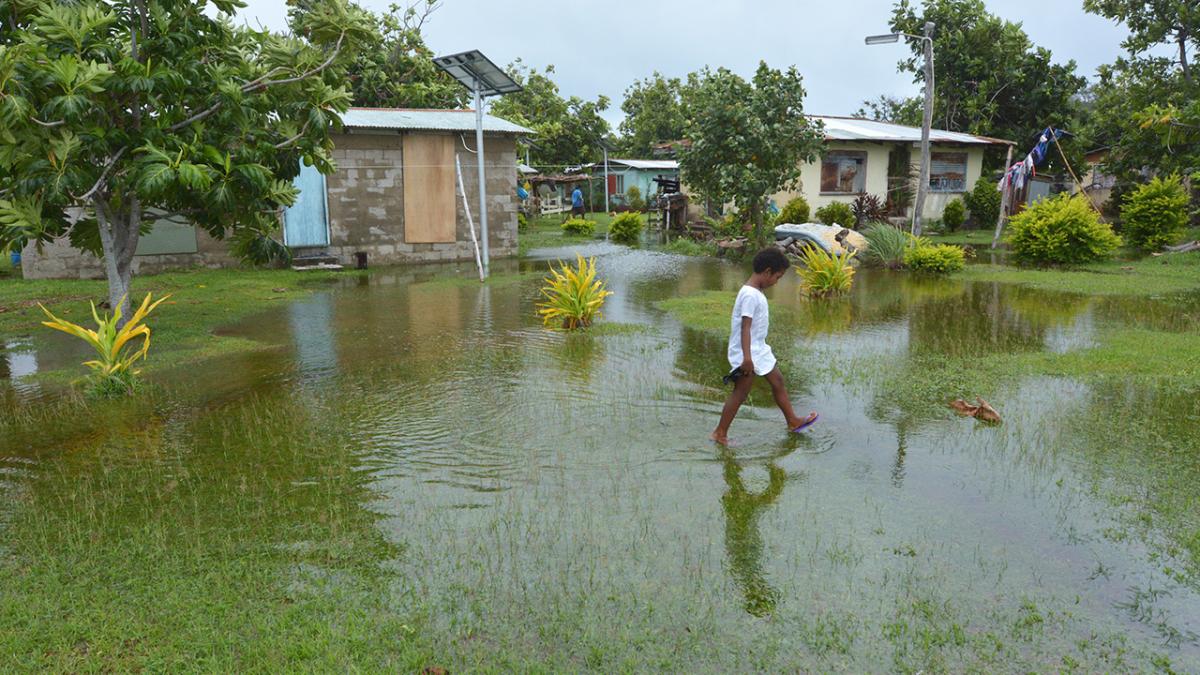
Our world is ever changing. As we continue to grapple with both natural and man-made events that impact the homes and lives of people, the role of the Humanitarian Engineer grows ever greater.
From working towards the United Nations Sustainable Development Goals to disaster response, to technology innovation and capacity building, humanitarian engineering specifically engages with disadvantaged and vulnerable communities to actively address issues and develop long-term solutions to help people improve their quality of life.
UNSW Engineering is deeply committed to humanitarian efforts, and we invite you to come and hear from our panel of experts about the projects being worked on, their challenges, the changes that have been made for the better to affected communities and the future humanitarian engineer.
We look forward to welcoming you to this event to hear their stories.
Panel speakers (scroll down for full bios):
- Andrew Dansie (MC) - Academic Lead, UNSW Humanitarian Engineering
- Justine Nolan – Director, Australian Human Rights Institute
- Amit Singh – Project Development Specialist, Pacific Community, SPC
- Sanmugi Sivakumar - Undergraduate Design Engineer, CPB Contractors
- Elizabeth Taylor AO – Former Chair, RedR Australia
Event timings
- 6.00pm – Panel discussion
- 7.00pm – Networking reception. Food and beverage included.
LIVE EVENT & VENUE
Tyree Room is located in the John Niland Scientia Building at UNSW Sydney's Kensington Campus (H19 on map). Please note, this event will be recorded and available for livestream after the event.
VISITOR SAFETY INFORMATION
The health and safety of our patrons is our top priority, and this event will abide by the Public Health Order prevailing at the time. Please follow our conditions of entry, and check back here for updated information prior to the event.
-
Do not attend the event if you feel unwell, have recently experienced any cold or flu-like symptoms or are awaiting the results of a COVID-19 test.
-
Face masks are encouraged.
TICKETS
ACCESS
Wheelchair
Vehicles need to arrive via Botany Street, Gate 11 (F28 on map) and follow the road to Library Road towards the John Niland Scientia Building. Please note, this is a drop off point only. The closest accessible parking is available in the Botany Street Carpark (H24 on map).
Assisted Listening
Tyree Room has a hearing loop.
Auslan & Captioning
Auslan interpreting services and/or live captioning can be provided for selected talks upon request.
Please specify your access requirements during registration, or to further discuss access requirements and book selected services, email engineering.events@unsw.edu.au.
PUBLIC TRANSPORT & PARKING
UNSW Sydney is easily accessible via public transport. Call the Transport Infoline on 131 500 or visit transportnsw.info.
Paid casual and visitor parking is offered via the CellOPark App and ‘pay by plate meters’. For more information head here.
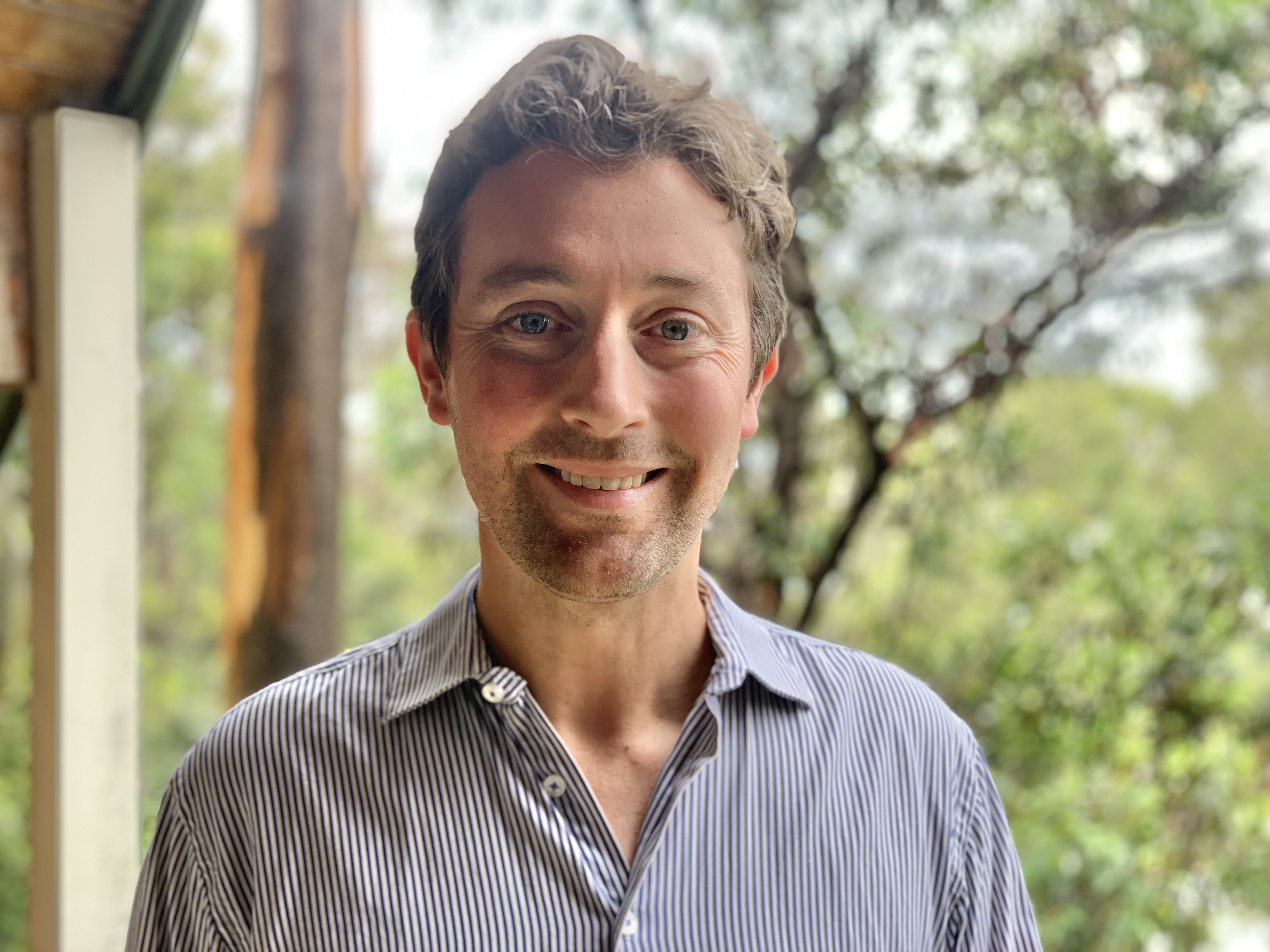
Andrew Dansie
Academic Lead, UNSW Humanitarian EngineeringDr Andrew Dansie (Dansie) is a Senior Lecturer in Humanitarian Engineering, the UNSW Engineering Lead for Gulu University and a PLuS Fellow. He is an Honorary Research Associate at the University of Oxford, is on the UNDP vetted expert roster for international freshwater resources management, and Editor-in-Chief for the UNESCO/Springer Nature book ‘Water, Energy and Food Security in the Pacific’.
Dansie completed his PhD at the University of Oxford. His research was on the marine fertilisation affect of dust originating from ephemeral rivers in Southern Africa. Dansie completed his Masters at the University of Adelaide, where was the Medal recipient for outstanding research, and holds a BSc from Flinders University in South Australia.
Dansie has 17 years of experience in the water and development sector spanning the private sector, multilateral organisations, universities and an NGO. His time as a Research Fellow with the United Nations University Institute for Water, Environment and Health saw him work with projects and partners across six continents. As Project Director of a four-year global assessment of transboundary water projects, he coordinated over 100 scientists and stakeholders to better understand the scientific needs for managing the world’s rivers, lakes, aquifers, coastal and ocean environments.
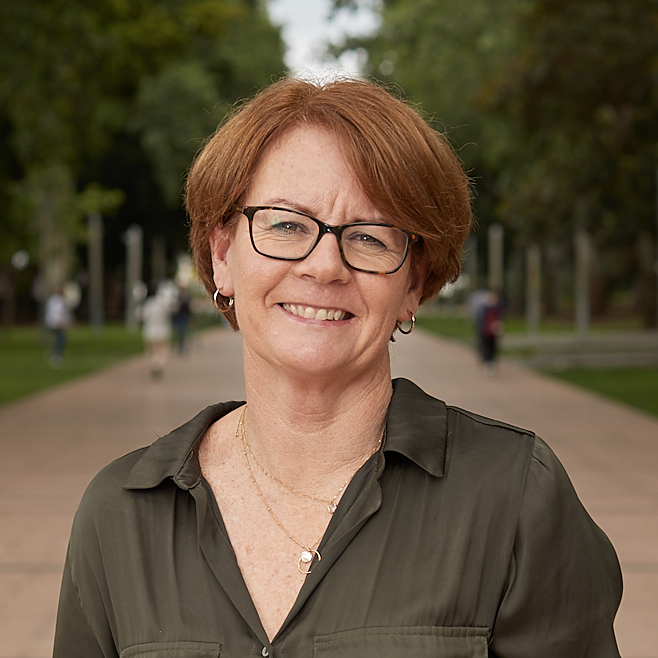
Justine Nolan (Introduction)
Justine Nolan is the Director of the Australian Human Rights Institute and a Professor in the Faculty of Law & Justice at UNSW Sydney. She has published widely on business and human rights and her latest book, Addressing Modern Slavery (2019) (with M. Boersma) examines how consumers, business and government are both part of the problem and the solution in curbing modern slavery in global supply chains. She advises companies, NGOs and governments on these issues and is a member of the Australian Government’s Expert Advisory Body on Modern Slavery. Justine has practiced as a private sector and international human rights lawyer. She is the Executive Editor of the Australian Journal of Human Rights, a member of the Editorial Board of the Business and Human Rights Journal and is a Visiting Scholar at NYU Stern Center for Business and Human Rights.
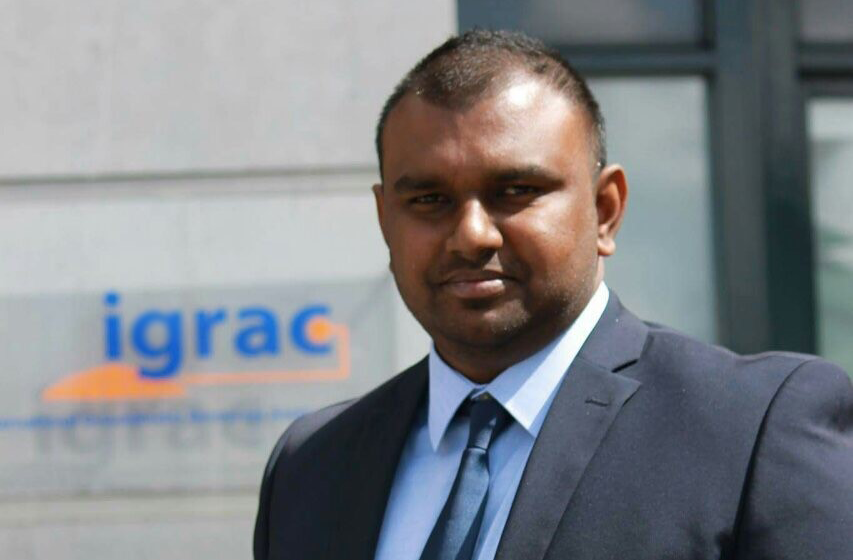
Amit Singh
Project Development Specialist, Pacific Community (SPC)Amit re-joined the Pacific Community (SPC) in 2021 as a Climate Change Project Development Specialist working at the Regional Pacific NDC Hub, supporting PICTs advance their Paris Agreement targets and implement national determined contributions (NDCs), including multiple mitigation, adaptation and cross-cutting projects. From 2018 to 2020, Amit was the Director of Policy, Research and Planning at Fiji’s Ministry of Waterways and Environment. In his role he provided strategic advice to the Minister on policy issue pertaining to waterways management, flood management, environment management and has led the transition to nature-based solutions at the Ministry. Amit’s expertise lies in water and environmental policy formulation , implementation and monitoring. Amit has been active in mainstreaming water management during Fiji’s national Action Plan development process and has been instrumental in planning the Nadi Flood Alleviation Project (NFAP:A-C).
Amit firmly believes in water-centric climate resilience and extensively advocates adaptive water management for a resilient future. In his current role, he supports NDC Hub member countries in developing adaptation and mitigation projects across the Pacific, providing strategic advice to the member countries on how they can be supported in developing and implementing NDC-identified projects.
Amit Singh has an M.Sc. Water Resources Management (IHE Delft 2017). He has an undergraduate in Environmental Science from USP, Fiji. In the last 10 years, Amit has spent the most time working in the field of water management, in Fiji, Tonga, Kiribati, Tuvalu, Vanuatu, Niue and FSM. Amit also member of the Strategic Advisory Council of Alliance for Global Water Adaptation (AGWA), contributes regularly on water-climate related discourse.
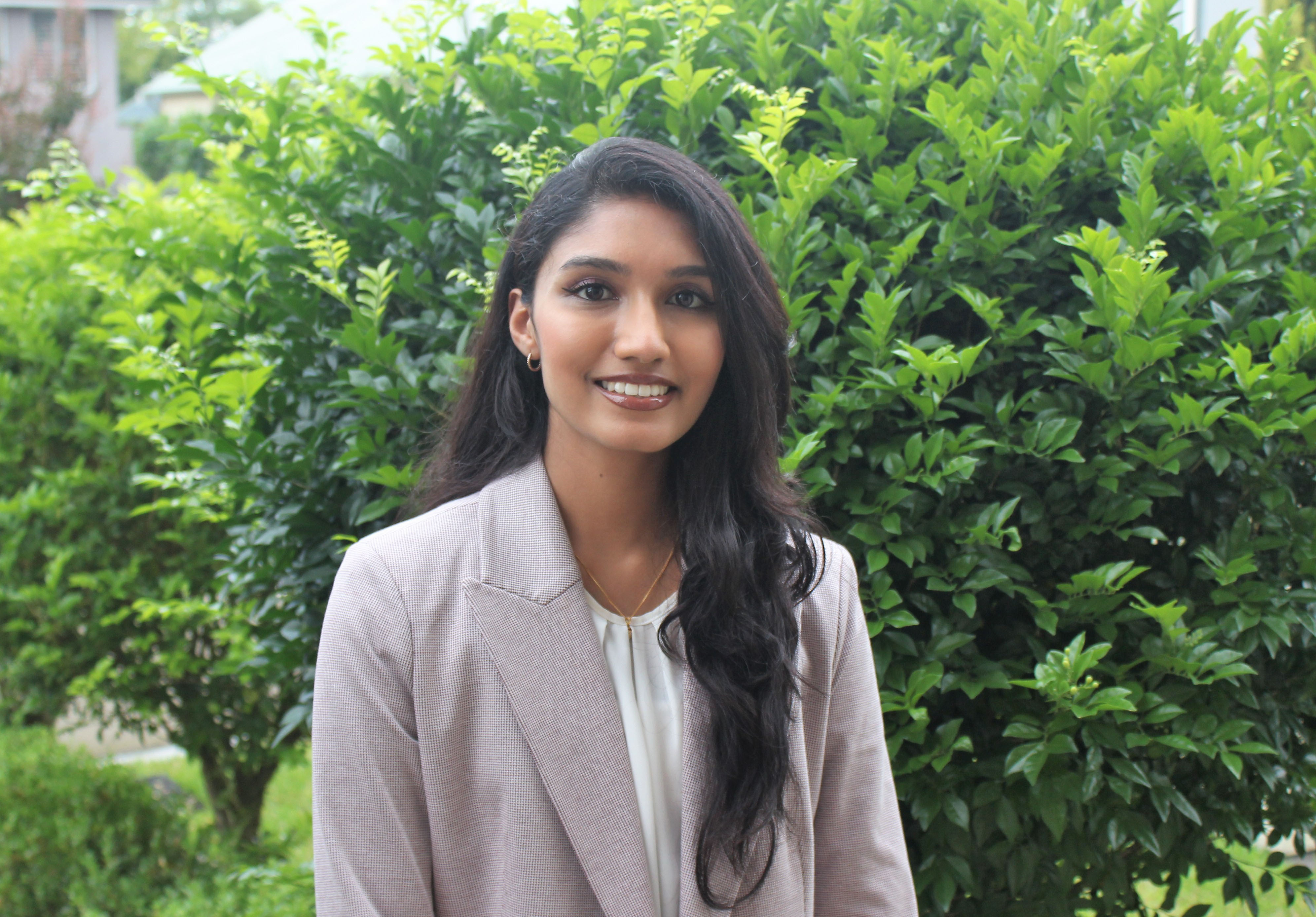
Sanmugi Sivakumar
Undergraduate Design Engineer, CPB ContractorsSanmugi is a third year undergraduate student, studying UNSW Civil and Environmental Engineering. Sanmugi also works as an Undergraduate Design Engineer at CPB Contractors, whilst leading UNSW’s Drought Resistance in Uganda (DRU) team, working as a Women in Engineering Student Ambassador to empower females in STEM fields, volunteering as a Tamil School teacher at Saturday school to help the younger Tamil generation learn about their identity, and is a Leader of Sydney Alliance’s Voices for Power Northwest Caucus, advocating for positive environmental change. Sanmugi was also recently recognized as a GradConnection and AFR Top100 Future Leader of 2022, and Finalist of the Jacobs Engineering Consulting Award.

Elizabeth Taylor AO
Former Chair, RedR AustraliaElizabeth Taylor specialises in governance effectiveness and ecosystem analysis.
Following a career in industry in design and construction, Elizabeth moved into academe, finishing her academic career as Pro Vice-Chancellor and Executive Dean, Sciences, Engineering and Health, CQUniversity. Since 2013 she has focused on analysis of complex engineering projects.
Elizabeth has built extensive Board-level leadership in professional organisations and innovative technology entities. She is Chair of SmartCrete Collaborative Research Centre (CRC) and Chair, Washington Accord, and Deputy Chair, Governing Group, of the International Engineering Alliance, a suite of agreements governing mutual recognition of engineering educational qualifications and professional competence.
Elizabeth has always engaged in diverse pro-bono work. Currently she is Chair, Cambodian Children’s Trust Australia. She recently retired as Chair, RedR Australia, an humanitarian response agency, standby partner to 14 UN agencies and manager of Australia Assists, the Australian Government's humanitarian civilian deployment program. She was Chair of RedR International until May 2021.
Elizabeth is an Officer of the Order of Australia (AO), an Honorary Fellow of Engineers Australia, Fellow of the Australian Institute of Company Directors, Fellow, Academy of Technological Sciences and Engineering and recognised as one of Australia’s 100 most influential engineers. In 2021 she was awarded Engineers Australia’s Peter Nicol Russell Career Achievement Memorial Medal.
